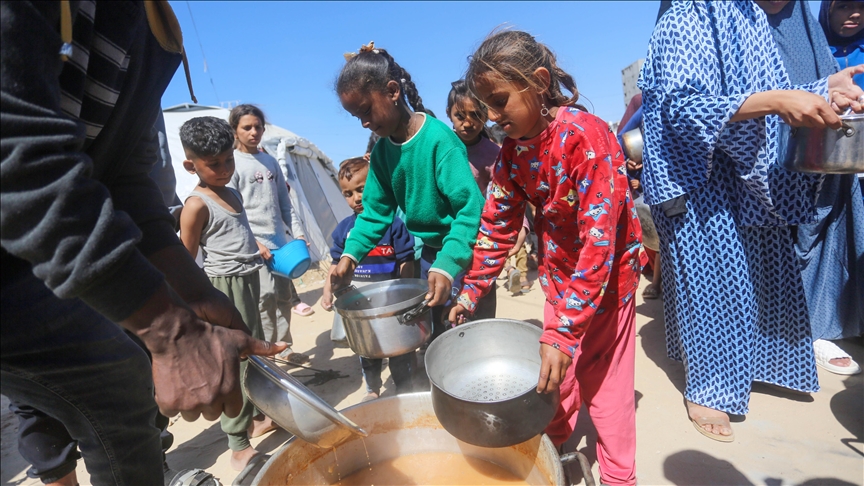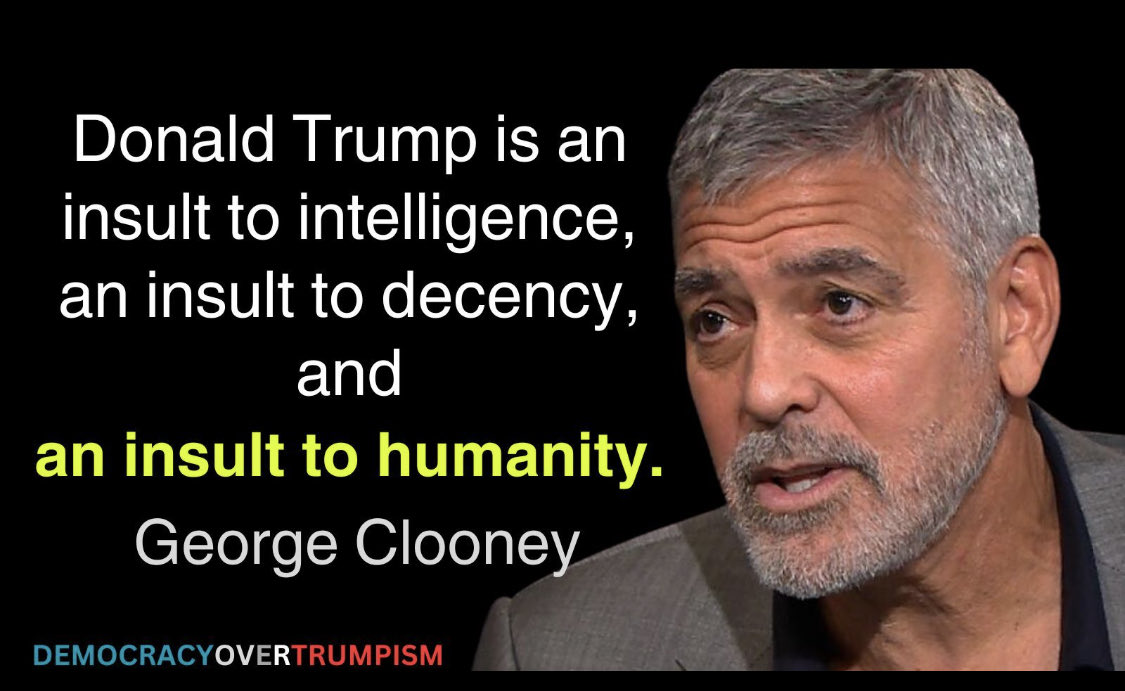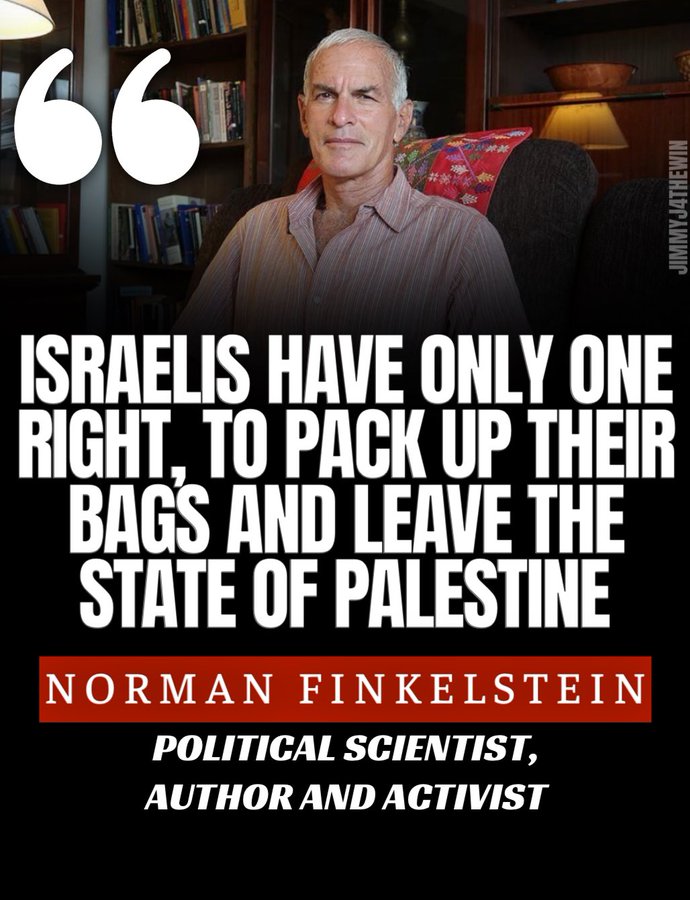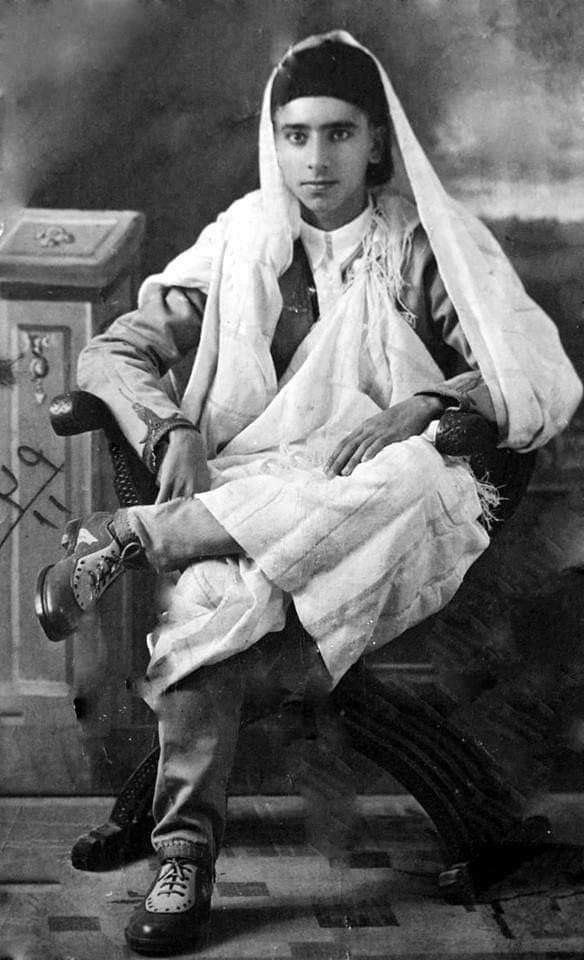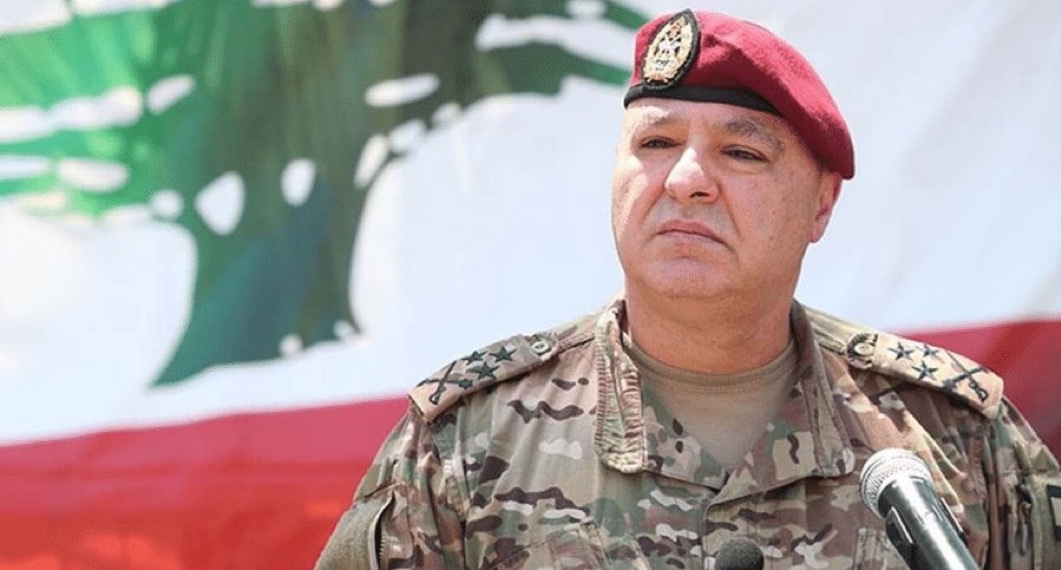
After more than two years of political vacuum, the Lebanese parliament, Thursday, elected army chief Joseph Aoun as president.
Aoun won 99 votes during a second round of voting in the 128-seat parliament after only securing 71 votes in the first round.
The presidential seat has remained vacant for over two years since President Michel Aoun left office on Oct. 31, 2022.
Aoun’s election came after intensified international diplomatic efforts by several countries to end the presidential vacancy in Lebanon, a country whose political and security landscape has been significantly impacted by escalating conflicts with Israel.
Thursday’s presidential vote was attended by several foreign diplomats, including the French special envoy Jean-Yves Le Druan and ambassadors of the Quint committee (Egypt, France, the US, Qatar, and Saudi Arabia) that followed up the issue of presidential vacancy in Lebanon.
According to the Lebanese Constitution, the president must be a Maronite Christian, the prime minister a Sunni Muslim, and the parliamentary speaker a Shia Muslim.
The president’s term is six years, and he could be re-elected after six years from his last mandate.
Army commander
Aoun was born on Jan. 10, 1964, in the Sin El-Fil area of the Matn district in eastern Lebanon.
A father of two sons, he had two bachelor’s degrees in political science and military science and speaks English and French languages.
Aoun joined the army as a volunteer in 1983 after which he got promotions to several military ranks until he became army commander in March 2017.
He also participated in several military trainings in Lebanon and abroad, including trainings in the US, the last of which was in 2009.
During his military career, Aoun was awarded more than 15 military honor medals, including the war medal three times, the national unity medal, the military medal of honor, and the medal in the fight against terrorism.
Aoun was not the first army commander to become president in Lebanon. The country previously saw the election of four army commanders as president – Fouad Chehab, Emile Lahoud, Michel Suleiman and Michel Aoun.
Major challenges
Under Aoun’s command, the Lebanese army launched on Aug. 19, 2017, an anti-terror military campaign, known as Fajr al-Joroud, against ISIS (Daesh) affiliates in the eastern border areas with Syria.
The military campaign successfully managed to kick the militants out of the Baalbek area.
The new president is expected to face several challenges due to years-long economic and political crises that affected the living conditions in Lebanon.
The recent Israeli war on Lebanon also left immense destruction across the country that would require effort by the president to secure international grants and donations from countries to help in the rebuilding of the country according to Anadolu.
Army deployment in southern Lebanon
Aoun supervised the deployment of the army forces in southern Lebanon under a cease-fire deal with Israel that took effect on Nov. 27.
The cease-fire agreement aimed to end over 14 months of fighting between the Israeli army and Hezbollah group since the start of the Gaza war in October 2023.
Under the cease-fire terms, Israel is required to withdraw its forces south of the Blue Line — a de facto border — in phases, while the Lebanese army is to deploy in southern Lebanon within 60 days.
Data from the Lebanese Health Ministry indicates that since Israel’s onslaught against Lebanon began on Oct. 8, 2023, at least 4,063 people have been killed, including women, children, and health workers, while 16,664 others injured.

